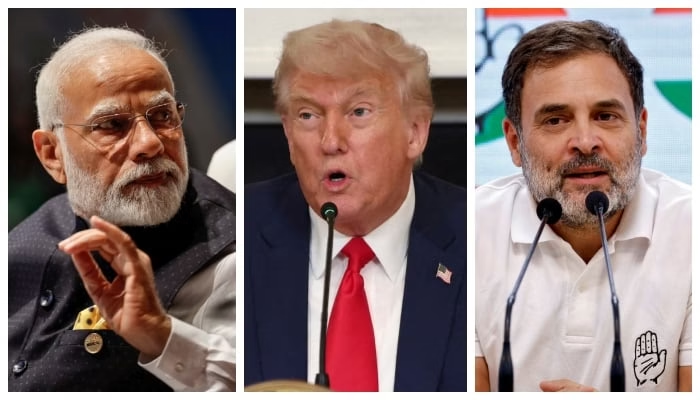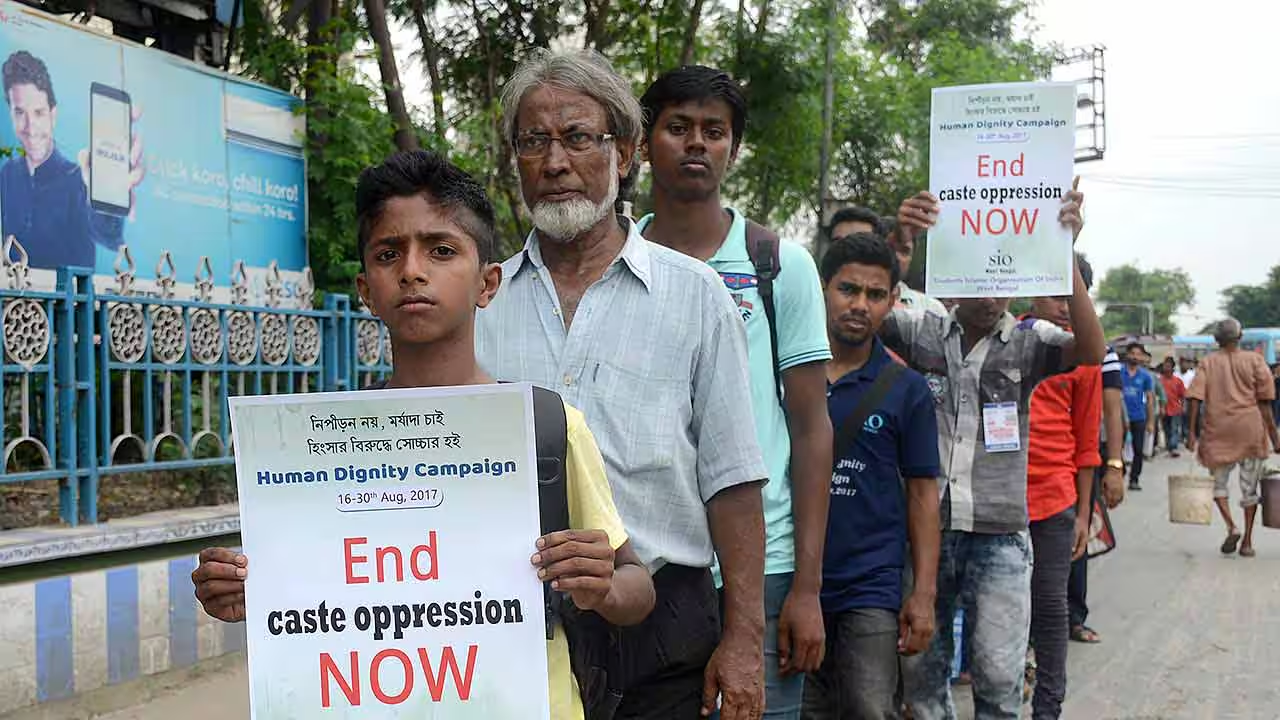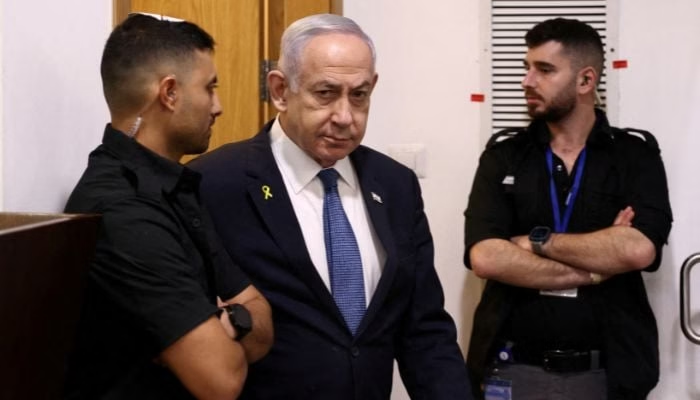India’s opposition leader Rahul Gandhi has demanded an explanation from Prime Minister Narendra Modi after former U.S. President Donald Trump stated that five Indian fighter jets were shot down during the recent military confrontation with Pakistan. The revelation has reignited political tensions in India, with the Congress party accusing the Modi government of hiding the truth from the public.
Modi ji, what is the truth about the five [jets]?
The country has the right to know!.Rahul Gandhi posted on X (formerly Twitter), raising serious concerns about transparency and accountability following India’s reported military setbacks in the brief but intense conflict.
The escalation began in April after a militant attack in Pahalgam, located in Indian Illegally Occupied Jammu and Kashmir (IIOJK), which killed 26 people. India quickly blamed Pakistan for the incident, a claim that Islamabad strongly rejected, calling for an impartial international investigation to establish the facts.
In response to what Pakistan described as unprovoked Indian airstrikes, Islamabad launched a swift and calculated counterattack. According to official statements from Pakistan, six Indian aircraft were downed during air-to-air combat, including advanced fighter jets such as the French-made Rafales.
The conflict quickly drew international concern due to the nuclear capabilities of both nations. After four days of high-stakes military engagement, a ceasefire was brokered with the intervention of the United States, led by then-President Trump. The truce was announced on May 10, following diplomatic efforts involving both Islamabad and New Delhi.
In remarks made during a private dinner with Republican lawmakers at the White House, Trump revealed:
Planes were being shot out of the air. Five, five, four or five, but I think five jets were shot down actually.
This statement has placed further pressure on the Indian government, particularly as it contradicts India’s version of events. The Modi administration has downplayed the number of aircraft lost, while asserting that India had the upper hand by the end of the conflict.
India’s top military official admitted in late May that the Indian Air Force suffered unexpected losses during the first day of hostilities. However, he claimed that strategic changes were implemented afterward, allowing India to “establish superiority” before the ceasefire came into effect. Despite this assertion, Trump’s comments have sparked renewed public interest in the actual extent of the damage inflicted on Indian forces.
The situation has added a new layer of complexity to U.S.-India relations. While Trump proudly claimed credit for brokering the ceasefire—highlighting his administration’s diplomacy and threat to sever trade ties—India has maintained that it resolved the situation bilaterally, without any external influence.
New Delhi has consistently rejected third-party mediation in its disputes with Islamabad, asserting that such issues should be settled directly between the two countries. However, the timing and nature of Trump’s intervention suggest otherwise, especially given the rapid de-escalation after the U.S. stepped in.
The U.S. continues to view India as a key strategic ally in its efforts to counter China’s growing influence in the Indo-Pacific region. On the other hand, Pakistan remains an important partner for the United States, particularly in matters of regional security and counterterrorism.
The April incident in IIOJK is the latest chapter in a decades-old rivalry between the two South Asian powers. While India blames cross-border terrorism for unrest in Kashmir, Pakistan maintains that the conflict stems from legitimate grievances of the Kashmiri people, who have long suffered under Indian military occupation and human rights abuses.
Pakistan’s Foreign Office has reiterated its call for a neutral international investigation into the Pahalgam attack, emphasizing its firm stance against terrorism in all forms. Islamabad insists that accusations against it are politically motivated and designed to deflect attention from India’s internal failures and ongoing rights violations in the disputed territory.
Meanwhile, the Indian opposition has seized the opportunity to question the government’s silence and lack of clarity over military casualties. The Congress party, led by Rahul Gandhi, argues that the people of India deserve complete transparency, especially when national security is at stake.
With Trump’s remarks gaining international attention, the pressure is now mounting on Prime Minister Modi to clarify the real impact of the conflict and explain why crucial information about military losses was not made public.
As calls grow louder for accountability and truth, this incident continues to shape the regional security narrative and the internal political landscape of India.



